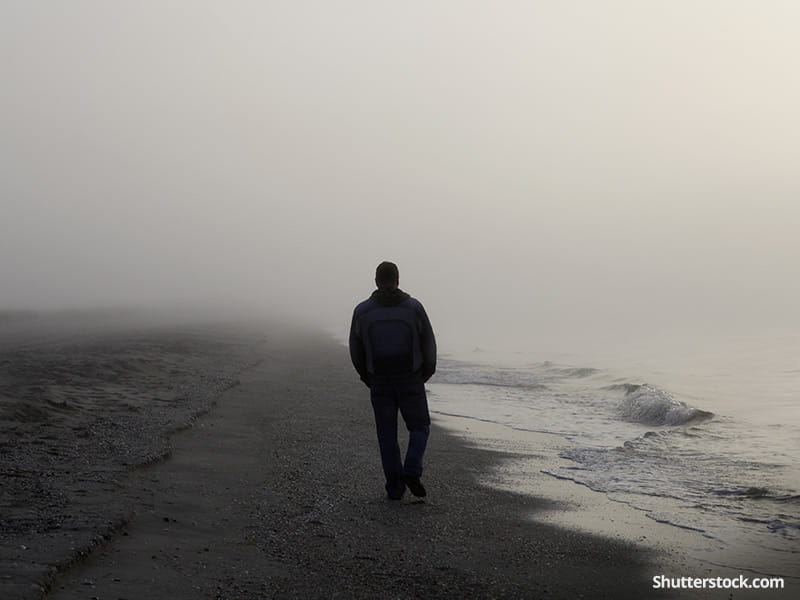Combating an Epidemic of Loneliness
Ways to seek support while social distancing.
Humans can survive three minutes without air, three days without water, three weeks without food and — according to survival lore — three months without companionship. Whether true or not, what’s clear is that people need people. And pandemics, many of us are learning, can be lonely times.
After months of lockdowns and shelter-in-place orders, some experts worry about a rise in the number of people feeling alone, especially young people and older adults. But resilience is also widespread, and studying loneliness can reveal a variety of ways to combat it.
“In light of the pandemic, there are ways that we can increase that sense of connection or reduce feelings of loneliness in ways that we may be able to do safely at a distance,” said Julianne Holt-Lunstad, a professor of psychology and neuroscience at Brigham Young University. “One of the things that research has shown is that social support is incredibly helpful in times of stress.”
Loneliness is more than being alone.
Loneliness is a complicated emotion. You can feel lonely in a crowded room or feel content in solitude. And people vary widely in how much human connection they need, Dr. Holt-Lunstad said. A useful way to think about loneliness, she said, is as the difference between how much social connection people want and how much they are getting.

Combating an Epidemic of Loneliness
It’s a subjective feeling, but researchers have begun to find signals in the brain that put the need for social interaction on par with the need to eat. In a study published in November, scientists deprived participants of contact with other people and then scanned their brains. After just 10 hours of isolation in a lab — where they could read or draw but had no access to their phones or computers — people reported feeling lonely and craving social interaction. When they then looked at pictures of people engaged in social activities, scans showed midbrain activation identical to that of people who looked at pictures of food after 10 hours of fasting.
“It was surprisingly consistent across people,” said Livia Tomova, a cognitive neuroscientist at the University of Cambridge in Britain, and co-author of the study. “Social interaction is not just something that’s kind of fun or comforting. It’s something that we really need in order to function.”
Without that social connection, people often become depressed, which further feeds feelings of loneliness. Chronic loneliness is also linked to higher rates of heart disease, Alzheimer’s disease, suicide and even death.
Find a friend.
If loneliness is interfering with your ability to function, or if you’re thinking about self-harm, seek professional help. The National Suicide Prevention Lifeline offers free and confidential support at 1-800-273-8255, and many therapists are offering virtual appointments. For milder forms of loneliness, decades of research suggest a number of strategies to ease the toll of pandemic lockdowns.
The most obvious is seeking support from friends. Across a number of studies, people with strong social relationships had a higher likelihood of living longer than people with weaker connections. Just knowing that people are there for them, Dr. Holt-Lunstad said, leads to a reduction in stress. In one small study, subjects could complete a stressful task (giving a speech that they were told was being recorded and judged) while maintaining lower heart rate and blood pressure by simply thinking about a good friend instead of a casual acquaintance.







